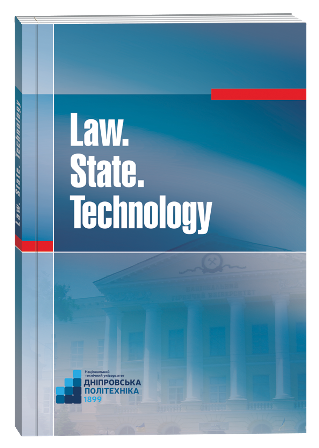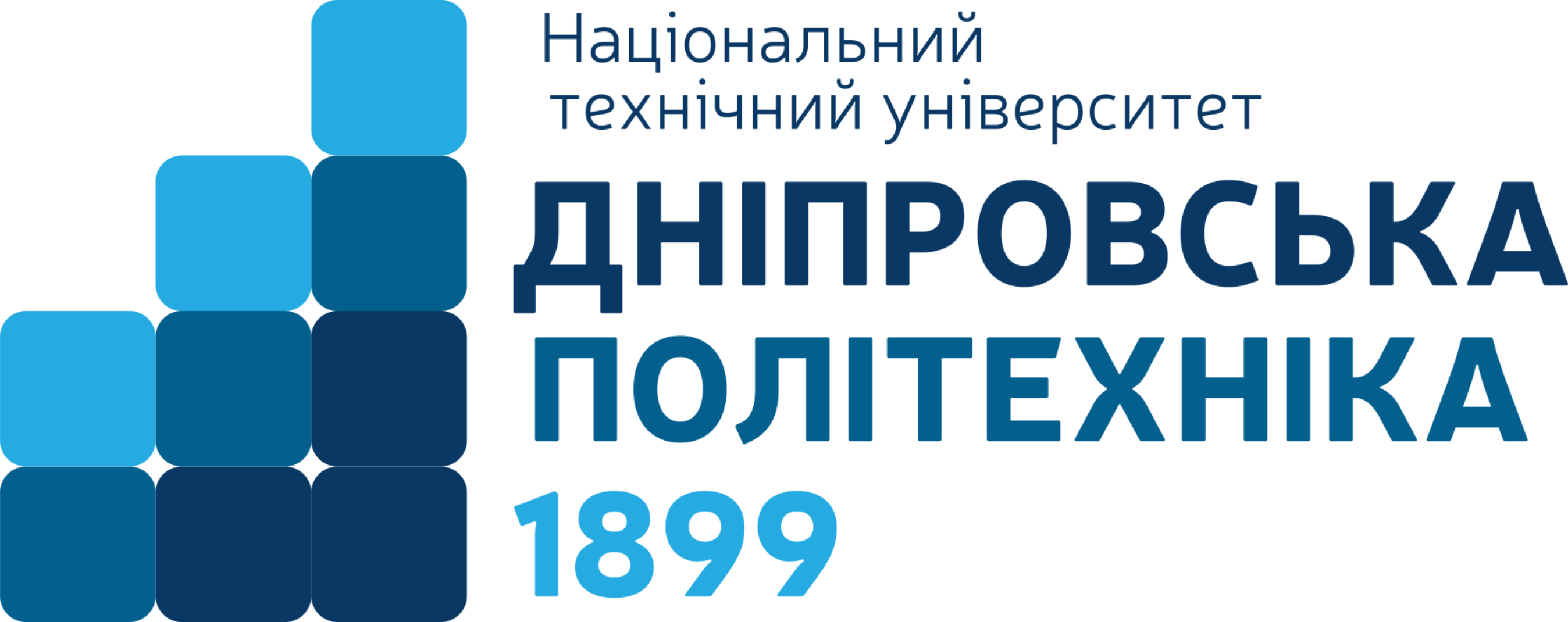ON THE ISSUE OF HARMONIZATION OF LEGISLATION IN THE SPHERE OF COLLECTING ELECTRONIC EVIDENCE AND COMBATING CYBERCRIME
DOI:
https://doi.org/10.32782/LST/2024-1-8Keywords:
cybercrime, electronic evidence, harmonization of law, international cooperationAbstract
The article is dedicated to matters of harmonization of law concerning collection of electronic evidence and cybercrime prevention. Purpose of the article is to determine forms of harmonization of law concerning collection of electronic evidence and cybercrime prevention. It is stated that 95% of the UN member states are involved in reforming their law concerning cybercrime and electronic evidence, yet still there is no uniform international regulation containing comprehensive guidelines for this sphere. Each national law enforcement system creates its own legal regime for electronic evidence, procedure for collection and examination thereof, and at the same time processes are in place for standardization of this sphere at the international level. It is further noted that the states and international organizations tend to standardize certain types of electronic evidence or a specific sphere where such electronic evidence is applied, which creates problems in international cooperation, since law on electronic evidence should be technologically neutral in order to keep up with developing technological advances and be compatible with laws of other countries. It is stated that harmonization of law in the sphere of collection of electronic evidence and cybercrime prevention occurs both at the international and regional levels (for instance, Regulation of the European Parliament and EU Council on European Production Orders and European Preservation Orders for electronic evidence in criminal proceedings and for the execution of custodial sentences following criminal proceedings). Certain regional initiatives acquire universal status, such as the EU Council Convention on Cybercrime (Budapest Convention), joined by 22 countries that are not member states of the European Council (USA, Canada, Argentina, etc.). At the same time there have been attempts to regulate cybercrime prevention at the UN level. And yet, still there are countries that are not involved in any kind of harmonization, which creates risks that such countries will be used as grey zones by cybercriminals.
References
The global state of cybercrime legislation 2013–2023: A cursory overview, Bucharest, 8 December 2023 / Provisional version prepared by the Cybercrime Programme Office of the Council of Europe (C-PROC) URL: https://rm.coe.int/3148-1-3-4-cyberleg-global-state-dec-2023-v4-public/1680adadf0.
Borko A., Nehodchenko V., Volobuieva O., Kharaberiush I., Lohvynenko Ye. Fighting against cybercrime: problems and prospects in ukraine and the world. Journal of Legal, Ethical and Regulatory Issues. 2019. Vol. 22, Special Issue 2. P. 1–5. URL: https://dspace.univd.edu.ua/server/api/core/bitstreams/ a665d914-104b-42d7-b5d0-3fc456e11f46/content.
Wang Xue-Guang. Research on Legal Norm Problems of Electronic Evidence Legislation Hierarchy. Proceedings of the 2nd Annual International Conference on Social Science and Contemporary Humanity Development. P. 718. DOI: 10.2991/sschd-16.2016.137.
Knytel Dagna. Evidence Gathering in the European Union: The Transposition of Directive 2014/41/EU into French and German Legislation. European Criminal Law Review. 2020. 10. 66–92. DOI: 10.5771/2193-5505-2020-1-66.
Schjølberg Stein. The History of Global Harmonization on Cybercrime Legislation – The Road to Geneva. Journal of International CommercialLaw and Technology. 2008. vol. 1, no. 12. P. 1–19.
Clough Jonathan. A World of Difference: The Budapest Convention On Cybercrime And The Challenges Of Harmonisation. Monash University law review. Monash University. Faculty of Law. 2014. 40(3). P. 668–736. URL: https://www.researchgate.net/publication/277892666_A_World_of_Difference_The_Budapest_Convention_On_Cybercrime_And_The_Challenges_Of_Harmonisation/
Explanatory Report to the Convention on Cybercrime. EuropeanTreaty Series-No. 185. URL: https://rm.coe.int/16800cce5b.
Про ратифікацію Конвенції про кіберзлочинність: Закон України від 07.09.2005 № 2824-IV // База даних «Законодавство України» / Верховна Рада України. URL: https://zakon.rada.gov.ua/go/2824-15.
Про внесення зміни до Закону України «Про ратифікацію Конвенції про кіберзлочинність»: Закон України від 21.09.2010 № 2532-VI // База даних «Законодавство України» / Верховна Рада України. URL: https://zakon.rada.gov.ua/go/2532-17.
Orlovskyi R., Kharytonov S., Samoshchenko Yu.,Us O. and Iemelianenko V. Countering Cybercrime Under Martial Law. Journal of Cyber Security and Mobility. 2023. Vol. 12 (6). P. 893–910.
Proposal for a Regulation of the European Parliament and of the Council on European Production and Preservation Orders for electronic evidence in criminal matters // COM/2018/225 final-2018/0108 (COD); Proposal for a Directive of the European Parliament and of the Council laying down harmonised rules on the appointment of legal representatives for the purpose of gathering evidence in criminal proceedings. URL: https://eur-lex.europa.eu/legal-content/EN/TXT/?uri=COM%3A2018%3A225%3AFIN.
Matić Bošković M. Cybercrime money laundering cases and digital evidence. Strani pravni zivot. 2022. 66(4). P. 451–467. DOI: 10.56461/SPZ_22406KJ.
Matić Bošković M. Impact of Modern Technologies on Free Movement ofEvidence in European Union. Journal of Criminology and Criminal Law. 2021. 59(3). P. 123–140. URL: https://doi.org/10.47152/rkkp.59.3.6.
Regulation (EU) 2023/1543 of the European Parliament and of the Council of 12 July 2023 on European Production Orders and European Preservation Orders for electronic evidence in criminal proceedings and for the execution of custodial sentences following criminal proceedings PE/4/2023/REV/1. Official Journal of the European Union. L 191/118. ELI: http://data.europa.eu/eli/reg/2023/1543/oj.
Hakmeh Joyce, Peters Allison. A New UN Cybercrime Treaty? The Way Forward for Supporters of an Open, Free, and Secure Internet. Council on Foreign Relations. 2020. URL: https://www.cfr.org/blog/newun-cybercrime-treaty-way-forward-supporters-open-free-and-secure-internet.Smith Robert. Harmonisation of Laws in ASEAN: The Issue of English. International Seminar on Politics, Administration and Development 2019 (INSPAD2019) Walailak University, THAILAND, 7-8 November 2019. 273–282. http://dx.doi.org/10.2139/ssrn.4323491.
Iu K.Y., Wong V.MY. The trans-national cybercrime court: towards a new harmonisation of cyber law regime in ASEAN. Int. Cybersecur. Law Rev. 2023. URL: https://doi.org/10.1365/s43439-023-00105-x.








